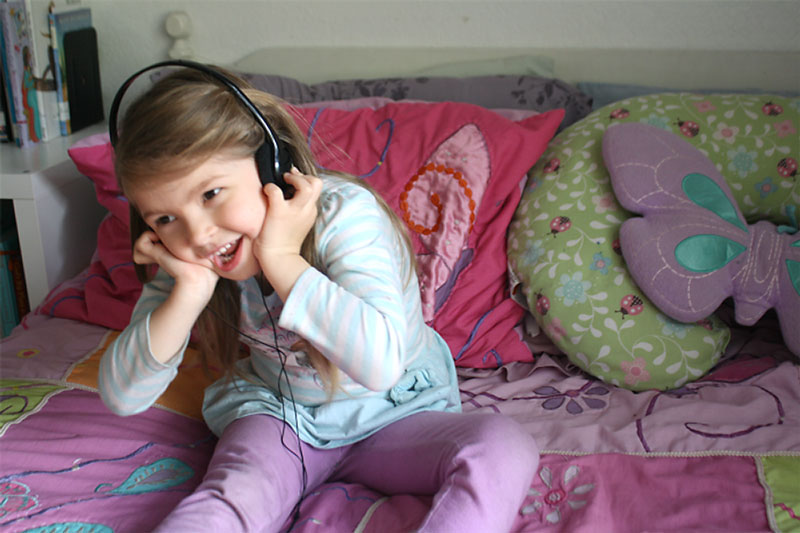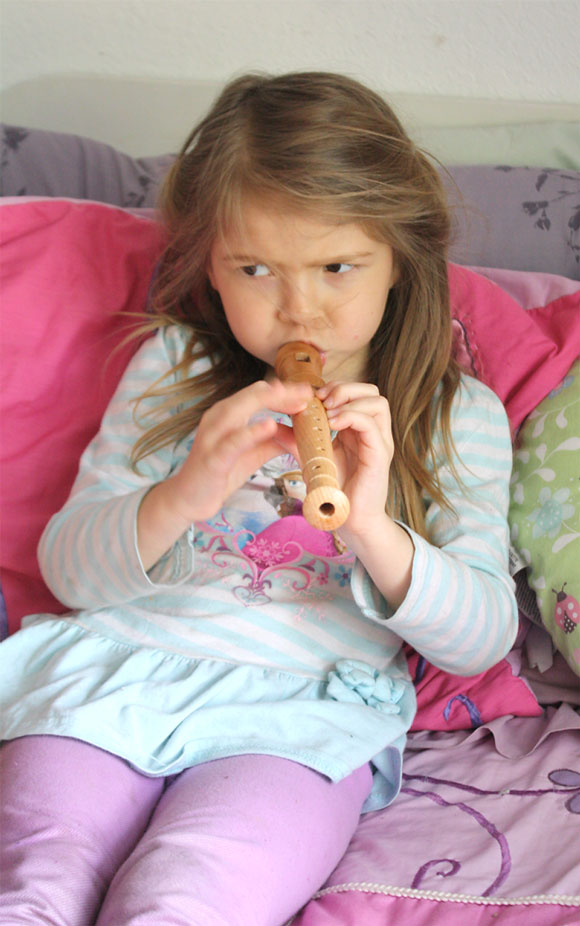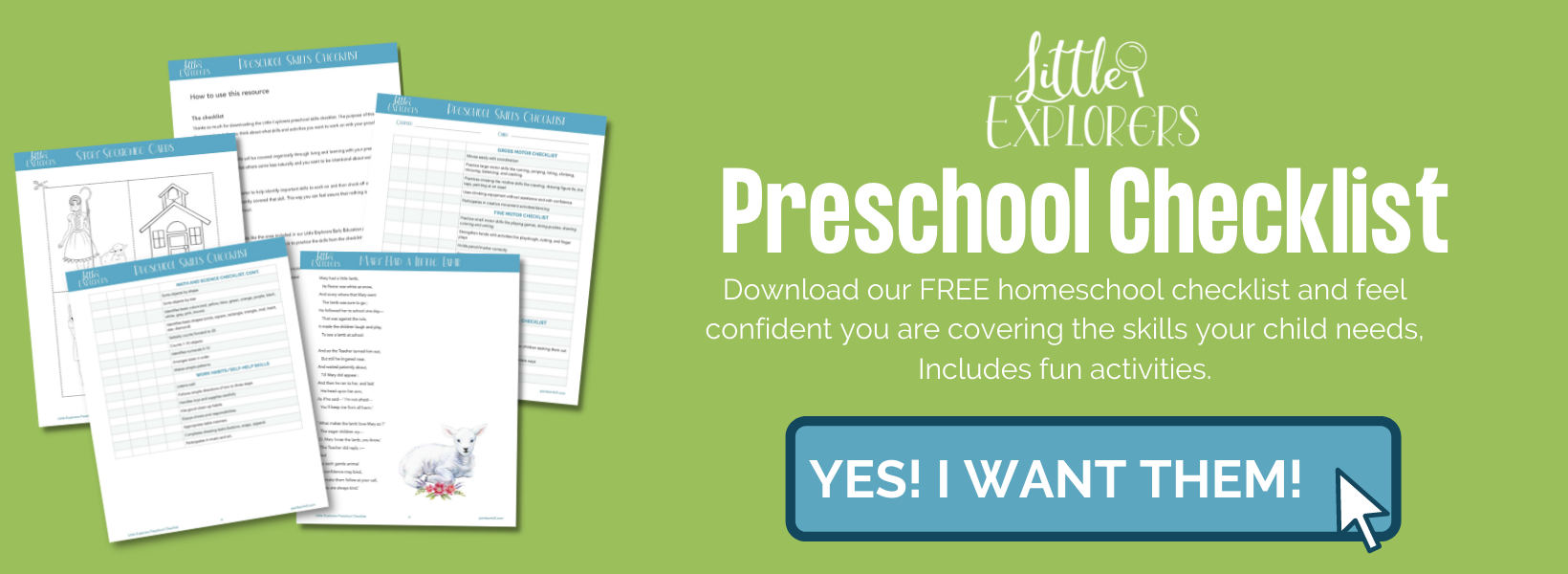
“If you’re happy and you know it…”
It’s easy to see that young children love sound and providing musical experiences helps to develop important skills while broadening their sensibilities.
The preschool years especially mark a significant time for musical development — one of those “critical periods” that occur in childhood, just like with learning a second language.
While it might be going a bit overboard to walk around for nine months with headphones streaming Handel straight to your belly, research has shown that early exposure to music provides a multitude of benefits to young children.
Music lays down additional neural pathways, which results in things like improved math and reading competencies, greater focus and body control, enhanced social skills and healthier self-esteem. And dancing or playing an instrument even activates multiple skill sets as well as provides time spent crossing the midline!
Musical contact also supports a child’s:
- Thinking – from cause and effect to fine-tune discretion, improved memory and accelerated brain development, music is just plain good for the brain.
- Language – whether it’s learning the alphabet from the ABC song, practicing speech patterns or new vocabulary, contact with music increases verbal competence.
- Motor Skills – these range from the fine-motor variety helped by fingerplays to the gross-motor practice of dancing, improving coordination and rhythm and helping a child to grow.
- Emotions – I shared in this post how important it is to work on social-emotional skills with your preschooler and then gave you a list of ways to do this here. Music showed up on that list, as it soothes and comforts (think lullabies) and sets a desired mood (great for transitions or for motivation while picking up).
- Cultural Fluency – what better way to introduce your child to the big, wide world than through multicultural music?
- Kinesthetic Learning – producing music especially helps learners of this particular style!
- Social Development – promote group work with participatory and call-and-response songs.
- Listening Skills – often overlooked in the rush for children to constantly produce, music aids development in this important area, too.
- Creativity and Imagination – bulk up the right side of the brain while enjoying great tunes.
- Family Bond – whether you listen together in the car or at home, music is a great way to bring the family together.
- Concentration
- Self-control
- Discipline
- IQ – music might not turn you into a member of Scorpion, but it has been shown to give those IQ points a boost.
- Spatial Intelligence
In addition, kids who begin playing an instrument at an early age not only learn a cool new skill, but are more disciplined, interesting and happy.
Each of these areas is a great reason to expose your young children to music, but always remember the most important reason of all: music provides joy!
Looking for ideas on ways to increase your child’s time with music?
Click on over to my blog today, where I not only share 10 easy ways to incorporate music into your child’s day, but I let you in on the secret of how Gv has been learning to play the piano (she loves her teacher) for free!
How have you found ways to introduce music to your preschooler? I’d love to hear! Either leave a comment below or email me at lisahealy (at) outlook (dot) com.
- 5 Easy Ways to Incorporate Preschool Math into Your Homeschool Day - September 29, 2022
- Preschool At Home: Calming Your Fears - August 31, 2022
- Homeschooling Your Preschooler: Social-Emotional Learning Guide - July 25, 2022




